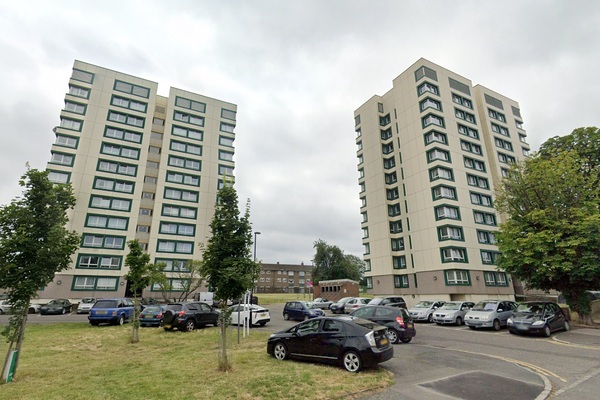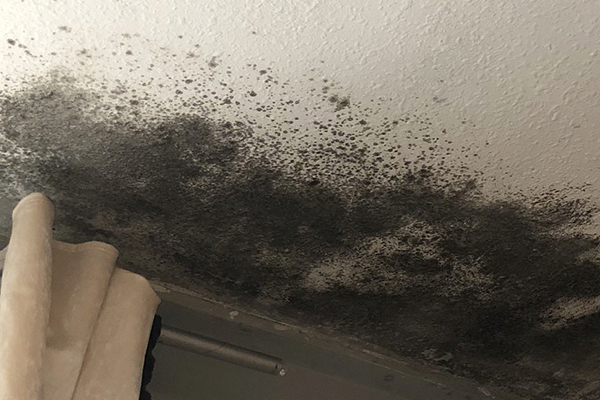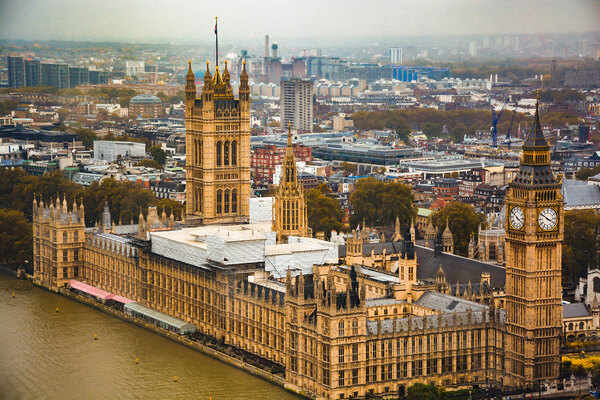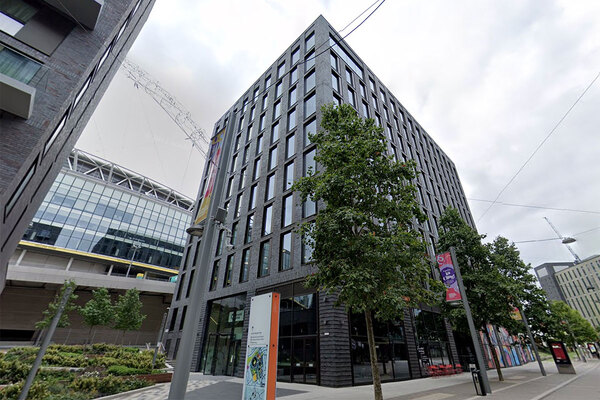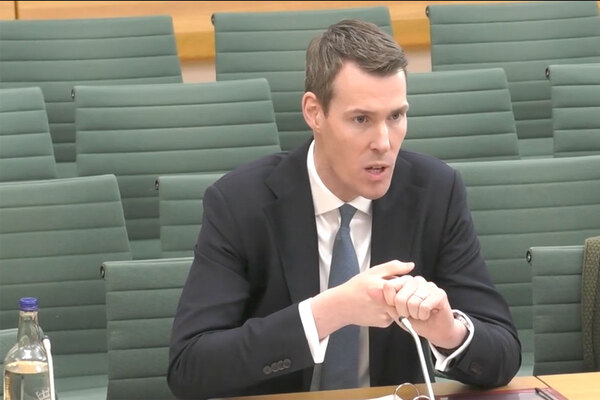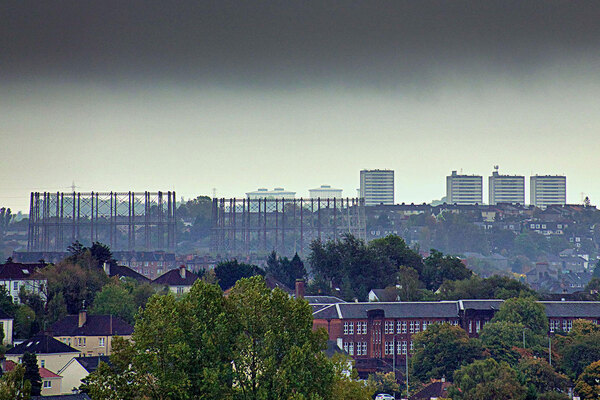Regulatory judgements: housing association rated non-compliant after being investigated by regulator
A small housing association has been rated non-compliant for governance four months after it was put on the gradings under review list by the English regulator, the latest round of judgements has revealed.
Salvation Army Housing Association (SAHA) was given a G3 grading, which means it does not meet the Regulator of Social Housing’s (RSH) governance requirements.
It comes four months after the 3,600-home association was placed on the regulator’s gradings under review list, meaning it was being investigated for a matter that could lead to being rated non-compliant.
In today’s regulatory judgement, the RSH said the association “lacked assurance that the board of SAHA has been managing its affairs with an appropriate degree of skill, diligence, effectiveness, prudence and foresight”.
Following the regulator’s intervention earlier this year, SAHA “took specialist advice in respect of a significant risk crystallisation prior to the financial year end”, the judgement said.
“The impact of the crystallisation of the risk would be severe, impacting on its lending arrangements and, as a result, placing social housing assets at undue risk,” it added.
The regulator said the crystallisation of risk was averted because of “third-party actions” and that the event “demonstrated that SAHA’s approach to risk management is not sufficiently robust and its reporting and monitoring systems are inadequate”.
SAHA, which is owned by the Salvation Army charity, has maintained its V2 rating for financial viability, meaning it is still compliant with the regulator’s standards on these grounds.
The RSH said it has “assurance that SAHA has sufficient resources to meet its short-term solvency requirements”, but it “faces challenges in respect of future asset management”.
It said the landlord has been “has been open and transparent with the regulator” and has “committed to developing a comprehensive recovery plan”, as well as hiring two interim independent board members.
Nigel Hills, chief executive at SAHA, said: “While we are naturally disappointed by the regulator’s decision to downgrade SAHA, we are fully committed to continue working with the regulator to develop a long-term workplan to address the issues identified and restore our compliant governance status as soon as possible.
“SAHA remains dedicated to providing a quality service to our residents and delivering our mission to transform lives.”
Elsewhere, large G15 landlord Peabody maintained its G1/V2 rating. However, the 60,000-home landlord had the rationale for its financial viability rating changed by the regulator.
In its narrative judgement, the RSH said Peabody has an adequately funded business plan, sufficient security and is forecast to continue to meet its financial covenants, but that the organisation’s financial plan contains high levels of stock expenditure.
The RSH said that these investments, which include high levels of fire safety and building safety works, put pressure on its interest cover ratios. It also said that these, combined with a large and diverse development programme, gave rise to material risks that Peabody needed to continue to manage.
The regulator added that these additional costs also reduced Peabody’s capacity to respond to adverse events.
Eamonn Hughes, chief financial officer at Peabody said: “Following a comprehensive assessment during the pandemic, we welcome this positive regulatory judgement. It shows Peabody is on a strong footing and well placed to meet the challenges facing the sector.
"Our first priority is to protect residents and, as the IDA notes, we have plans to commit significant resources to building safety and maintaining our existing homes. With a local focus, we’re also committed to investment, regeneration and support in Peabody neighbourhoods, and plan to deliver as many new affordable homes as we can as part of our mixed tenure programme to maximise our social impact. We’ve worked hard to protect our residents and employees through these really challenging times, and welcome the support of partners and the regulator in helping us achieve our objectives. “
Meanwhile, two other housing associations, Brunelcare and Inquilab Housing Association have had their governance ratings upgraded to G1.
The regulator said Brunelcare, which manages around 1,350 homes in Bristol and North Somerset, “has addressed the key weaknesses” that were identified in April 2019 when it was found to have breached the Home Standard as a result of health and safety concerns.
Brunelcare maintained its V2 rating for financial viability and the regulator said it “has the financial capacity to deal with a reasonable range of adverse scenarios but has material exposures which it needs to manage to ensure continued compliance”.
“Testing of its plans demonstrate that certain adverse variances – including reduced care home occupancy levels and increased asset management spend – increase pressure on operating margins and reduces headroom on interest cover,” the judgement said.
In a joint statement, Brunelcare chair of trustees, Deborah Evans, and chief executive, Oona Goldsworthy, said: "This judgement recognises Brunelcare as a well run organisation - one which puts the health, safety and wellbeing of its customers at the heart of everything it does. We’re incredibly proud of our colleagues who have worked so hard to achieve this result. It is an acknowledgement of their efforts for the benefit of our customers."
Inquilab, which owns roughly 1,300 properties mainly in west London, was upgraded to G1 one-and-a-half years after it was downgraded to G2 when the regulator identified risk management issues, particularly in relation to health and safety.
In today’s judgement the RSH said Inquilab has “improved its systems and controls for collating and managing health and safety compliance data and strengthened its risk management framework”.
Inquilab has maintained its V1 rating for financial viability, with the regulator stating that the housing association “has an adequately funded business plan, sufficient security in place and is forecast to continue to meet its financial covenants under a wide range of adverse scenarios”.
Warrington Housing Association had its G1/V1 rating confirmed in a strapline judgement.
Sign up for our regulation and legal newsletter
Already have an account? Click here to manage your newsletters

